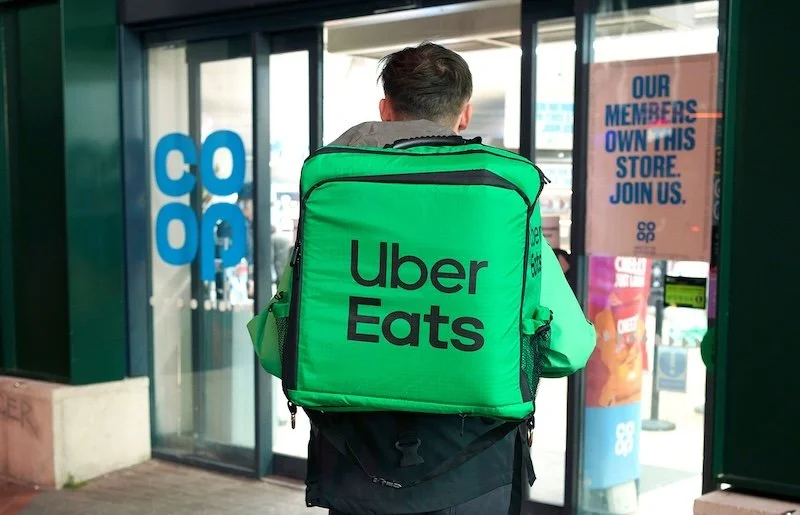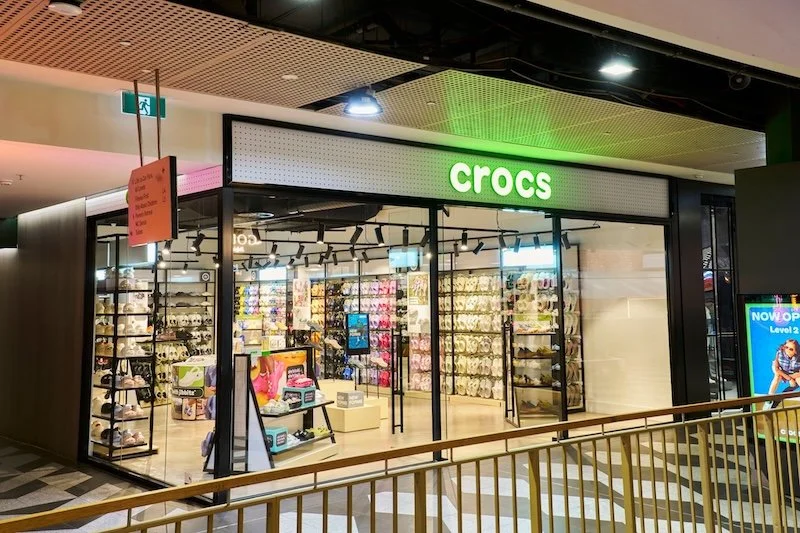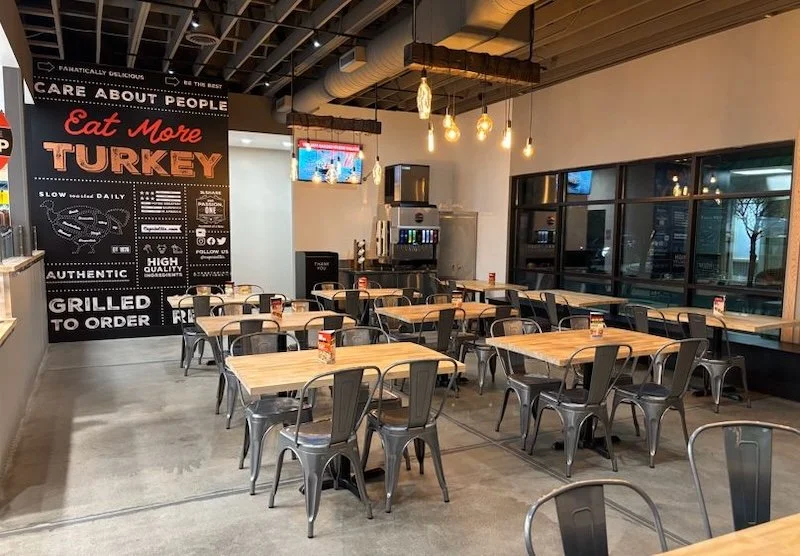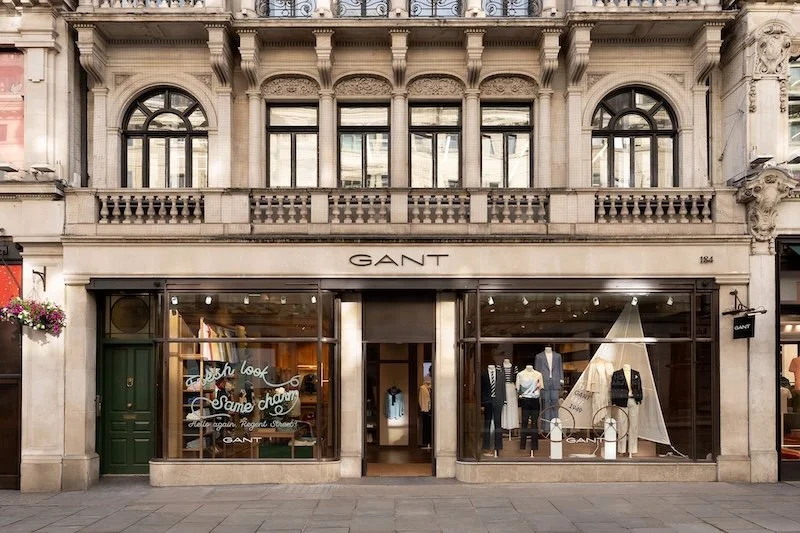Is your Black Friday supply chain slavery free?
By Eric Carter, Solutions Architect, Indigo Software
If you’re not aware that Black Friday this year falls on 23rd November and Cyber Monday is on the 26th, -you have probably missed the boat in terms of its revenue generating potential. Newspapers have been reporting on some of the deals to look out for since before Halloween!
The periods immediately before and after these two key dates in the global retail calendar are now the busiest times of the year for any retailer anywhere, as shoppers will literally swarm over e-,commerce sites and High Street stores in search of the best bargains. Five years ago, the event was less mainstream, but now at least 30% of the 27 million UK households say they intend to buy at least one item in the Black Friday sales, and will typically shop online (according to McKinsey).
Across the Black Friday/Cyber Monday weekend, well over £7 billion will be spent in the UK alone and fulfilling demand on this scale; for an industry where some margins are already wafer thin, is challenging. It puts a huge strain on the supply chain and, in particular, warehouse workers and their management, many of whom are already struggling to fill jobs in some sectors.
An estimated 225 million e-commerce parcels are predicted to be in transit during the period. Over 82,000 lorries and vans will be on the roads, with a lorry leaving some of the large ecommerce fulfilment centres every 90 seconds. That means warehouses will need an awful lot of additional labour to fulfil demand, and logistics workers with relevant skills are already scarce in some sectors.
At the same time, cases of modern human slavery are rising all the time, up 35% in the past year and the warehousing sector is considered a higher risk, according to the Gangmasters and Labour Abuse Authority (GLAA). In fact, the UK as a whole is considered by experts to be one of the countries where slavery trafficking for labour exploitation is very prevalent, according to The Guardian. It occurs in every part of the UK but, according to government data, the majority of victims referred to police between April and June this year were in London, West Yorkshire, the West Midlands, Scotland, Merseyside and Essex.
Retailers and their logistics service providers should be extra cautious about who they employ or engage to support them through the busy Black Friday period, to ensure they are not inadvertently exploiting victims of modern slavery.
Three easy ways to a slavery free supply chain
Be aware of your obligations. Retailers that directly employ additional warehouse workers through a third party are still responsible for ensuring the necessary due diligence is done when choosing a labour provider or agency. Never make assumptions.
Audit suppliers. Check these audits include steps taken to mitigate modern slavery and include worker interviews to investigate anything suspicious. Imposer Service Level Agreements with labour providers or agencies to ensure services provided meet GLAA Licencing Standards. Ensure charge rates charged by the labour provider cover employment costs and comply with minimum rates.
Too good to be true usually is. When using a labour provider, seek verification and they are meeting legal obligations to workers. Low rates that seem too good to be true often are, because the provider might not be paying the minimum wage, national insurance, pension auto-enrolment costs and other overheads like transport costs.
There are many other legal obligations and compliance factors to take into consideration. For detailed information on how retailers can be protected from the risks of modern slavery, visit http://www.indigo.co.uk/article/2018/11/5/ensure-theres-no-slave-labour-in-your-black-friday-warehouse.
Indigo Software supports the work undertaken by Hope for Justice and wants to raise awareness of the risks of unwittingly using slave labour in the warehouse. Hope for Justice is a global non-profit organisation which aims to end human trafficking and modern-day slavery.










Continue reading…